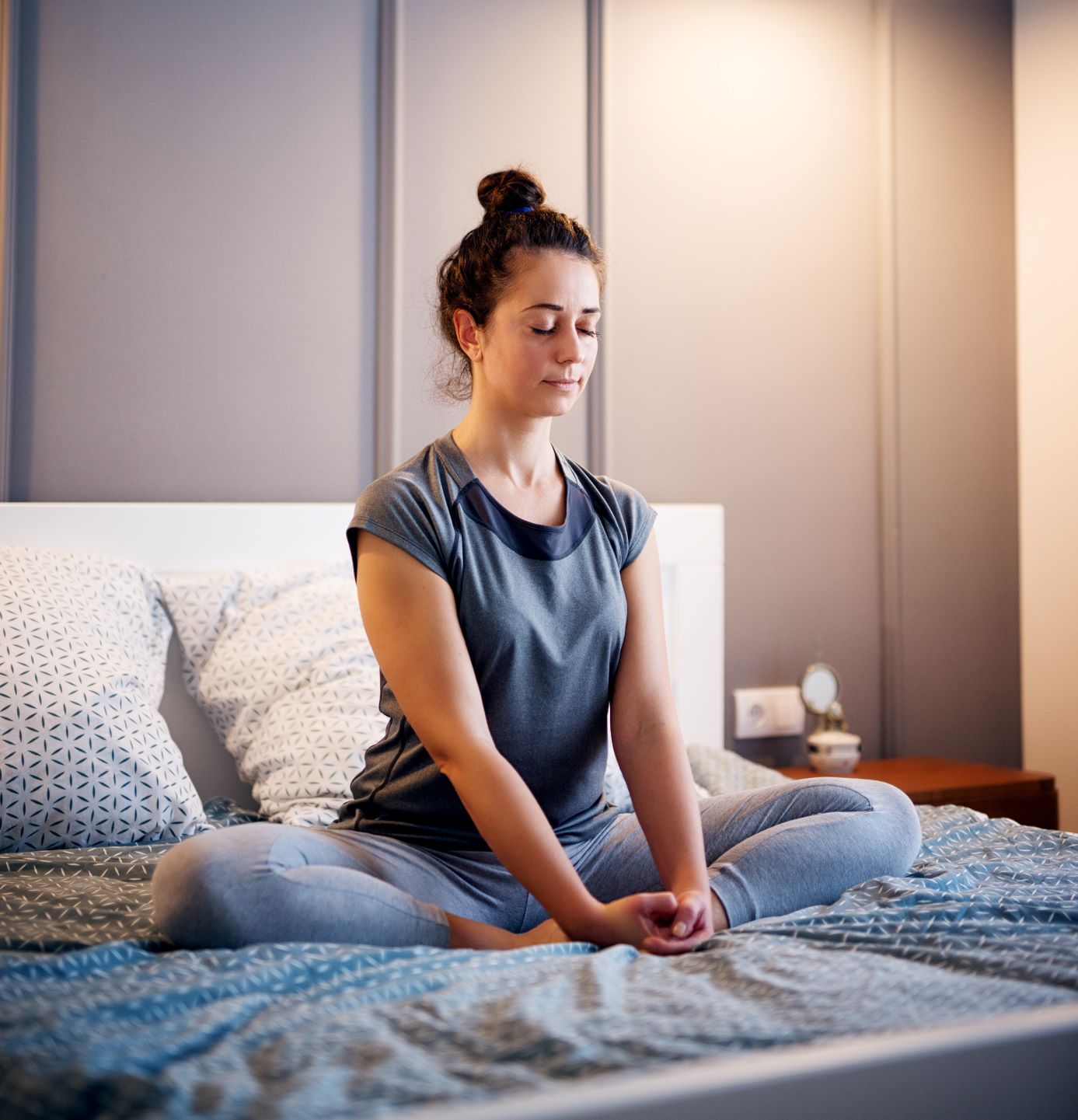If you have trouble sleeping and are considering taking sleeping pills, take a moment and think about all of those pharmaceutical commercials that list in rapid fire 10-15 serious side effects of the medication after briefly explaining what the medication is meant to do.
Sleeping pills can have just as many side effects, so do you really want to risk taking them when there’s a much more natural and effective way to get a better night’s sleep?
We’re talking about sleep therapy, a way you can improve your sleep by changing your bedtime routine and lifestyle habits.
But first, what is a sleep disorder? Simply put, it’s a condition that impacts your ability to get a good night’s rest—so anything that leaves you feeling exhausted or sleepy during the day. Most people are familiar with the most popular disorders like insomnia, sleep apnea, and narcolepsy, but there are also others like restless leg syndrome and circadian rhythm sleep disorders.
Sleep therapy aims to help anyone with sleep disorders change any lifestyle habits that may interfere with their sleep and learn relaxation skills to help rest their mind. And sleep therapy is a longer-term solution as opposed to medication, which has been shown to help for only a short time on its own.
Many people with sleep disorders are kept awake by negative thoughts or behavioral patterns that lead to a poor night’s sleep, which is why sleep therapy addresses both of those things with cognitive and behavioral therapy.
While cognitive therapy helps people recognize and change negative thoughts or beliefs, behavioral therapy teaches people how to avoid behaviors that are not conducive to a good night’s sleep.

Depending on the disorder, there are also certain techniques within the cognitive and behavioral fields that a sleep therapist may prescribe. Here are just a few:
Stimulus control therapy
Helps remove factors that condition your mind to resist sleep, like intrusive thoughts or anxiety about a big meeting the next day.
Sleep restriction
Reduces the time you spend in bed, as spending time awake in bed can lead to sleep issues. Limiting the time spent in bed causes partial sleep deprivation, which can make you more tired the next night, meaning you’ll fall asleep easier.
Sleep hygiene
Involves changing basic lifestyle habits that affect sleep, like smoking cigarettes, drinking alcohol or too much caffeine late in the day, and more. Oftentimes people don’t even realize these things are affecting their sleep.
Sleep environment improvement
provides ways that you can create a comfortable sleep environment, like wearing a sleeping mask or keeping the room at a cool temperature.
Relaxation training
Helps calm your mind and body through approaches like meditation, imagery, muscle relaxation, and more.
Remaining passively awake
Or purposely trying to not fall asleep, can help those who worry too much about not being able to fall asleep, which can actually keep them awake.
How effective is sleep therapy? A study by Harvard Medical School found that it worked better at treating insomnia—one of the toughest sleep disorders to treat—than prescription medications, and the benefits lasted for a year after the treatment ended.
So, if you’re having trouble sleeping and you want to avoid medication, seek professional advice on sleep therapy as a natural alternative.

